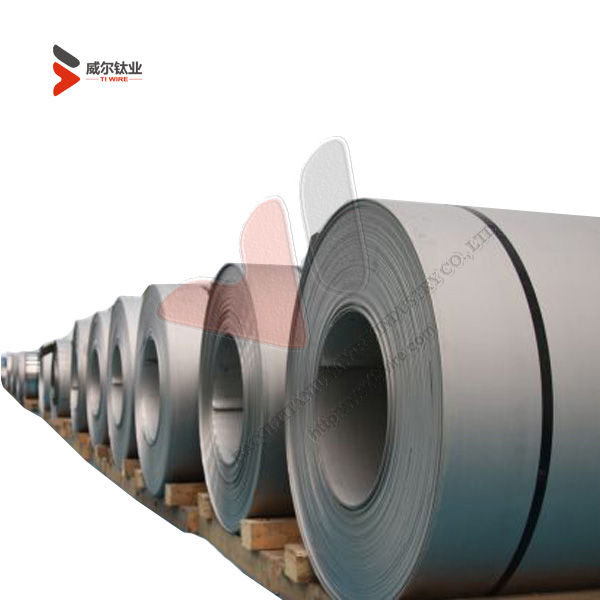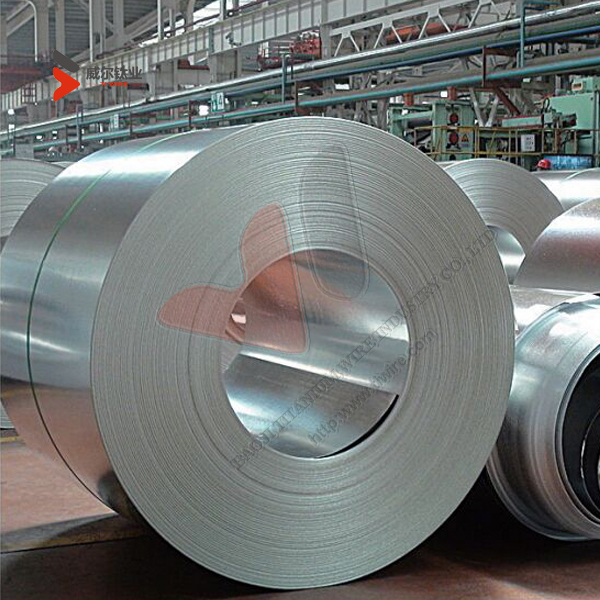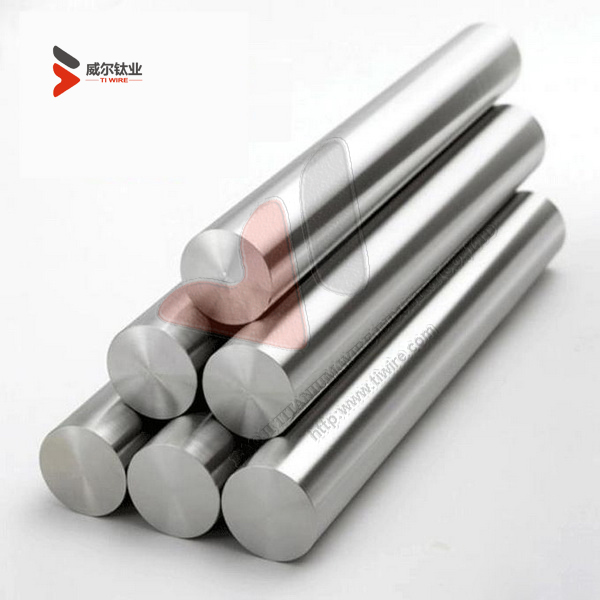The Difference Between Grade 5 and Grade 9 Titanium
2017-09-20Grade 5 vs Grade 9 Titanium
Titanium is a great material for a variety of applications and uses in many industries. There are pure titanium grades as well as titanium alloys.
Both pure titanium and titanium alloys (a mixture of titanium with at least one other metal) are strong, light-weight, corrosion resistant, and long-lasting.
Titanium alloys are desired because of their unique characteristics. Unlike pure titanium, the alloys take on the additional characteristics of the other metals that are mixed in. This makes them softer to bend and form and it changes their temperature resistance.
Grades 5 and 9 titanium are popular titanium alloys for their large potential.
Both the 5 and 9 grade titanium alloys share 95% of their composition, making them behave similarly and exhibit the same characteristics. Some of these characteristics include metal price, density, electrical conductivity, elasticity, elongation, overall resilience, and electrical resilience.
Both titanium alloys are commonly used in the aerospace, medical, marine and chemical processing industries.
While they are for the most part very similar, there are also differences between the two.
Here is some more detailed information about the two titanium grades and their differences:
Titanium Grade 5
Grade 5 titanium is the most commonly used type of titanium in the world because of its combination of toughness and strength. It is also the most commercially abundant type of titanium. Titanium grade 5 is also called Ti 6AI-4V. Grade 5 titanium is alloyed with aluminum and vanadium. Its titanium composition (85%) is lower than Grade 9 because it has higher amounts of aluminum (5.5-6.8%) and vanadium (3.5-4.5%). The additional aluminum and vanadium give Grade 5 titanium a higher fatigue strength and melting point than Grade 9 titanium.
Titanium alloy grade 5 is popular for welding and fabrication and is used in oilfields.
Titanium Grade 9
Grade 9 titanium, also called Ti 3AI-2.5V, is classified as having less strength than Grade 5 titanium. It, nevertheless, has superior corrosion resistance and is mostly used in industrial and aerospace applications. Its softness makes it more formable and conducive for transportation and consumer applications.
Titanium grade 9 also contains aluminum and vanadium, but in smaller amounts (2.5-3.5% and 2-3% respectively). Grade 9 titanium has more pure titanium than grade 5 at 91%. Titanium Grade 9 has a lower melting point than Grade 5, but has good cold rolling qualities, meaning it is more easily moldable and malleable in cold temperatures.
Both Grade 5 and Grade 9 titanium alloys are good metals for a variety of projects and applications. They are both strong, durable and highly resistant to heat, cold, rust and other corrosion.
Whether you’re looking for Grade 5 or Grade 9 titanium, you’ll find them both here at Baoji Titanium Wire Industry Co., Ltd.
We have all the grades of pure titanium as well as titanium alloys that can be cut and produced into whatever shape and size of part you need to complete your project.
Contact us today for more information about what titanium grades we have or to order the right titanium or titanium alloy part for your project.










